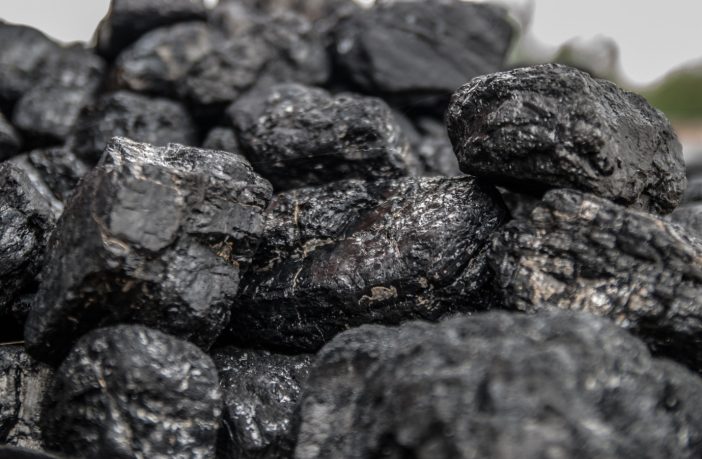- South Africa: Yesterday, the Pretoria High Court issued an interdict preventing a coal mining company from commencing mining and related activities in a Strategic Water Source Area.
- The interdict was issued to allow the legal challenges of its various permits to be decided first – before harm is done to strategic and important water sources.
The High Court’s order prevents and restrains coal miner from conducting any mining activities and mining-related operations (including any activities preparatory, ancillary or incidental to mining) – save for survey pegging of the surface infrastructure boundary and wetlands demarcation pegging of the approved plan – in respect of its proposed Yzermyn coal mine near Wakkerstroom, Mpumalanga.
The proposed coal mine would fall within a Strategic Water Source Area – one of only 22 areas where more than 50% of South Africa’s freshwater originates. Protecting strategic water source areas is crucial for South Africa’s water security, and for their ability to provide water for people and our country’s economic activity.
Until January 2021, the proposed mining area also fell within the Mabola Protected Environment, a protected area declared under the Protected Areas Act in 2014. That protected status meant that commercial mining could only take place with express joint permission of the Environment Minister and the Minerals Minister. In January 2021, Mpumalanga MEC Vusi Shongwe revoked the protected area status to allow the proposed coal mine to proceed without those permissions.
A coalition of civil society organisations has worked together since 2015 to undo the approvals given for this mine. On 5 March 2021, the coalition brought an interdict application after the mining company gave notice of its intention to start with mining activities on 24 March 2021. The Coalition asked the court to order the company to stay commencement until its other pending legal proceedings have been determined.
There are five other court challenges of permits granted for the proposed mine pending before the High Court, and the Coalition will shortly launch a sixth court challenge asking the High Court to review and set aside the MEC’s deproclamation decision.
The Coalition is relieved that the court has granted a reprieve to allow proper judicial assessment of the legal proceedings underway before the environmental harm is caused. The organisations will continue their focus on achieving an outcome in those legal proceedings.
“Decades of mining and burning of coal has caused toxic air pollution and water pollution on the Mpumalanga Highveld, which has meant ill health and premature death for thousands of people living here,” says Robby Mokgalaka, coal community campaigner with environmental justice group groundWork.
groundWork is one of the applicants in the so-calledDeadly Air case about the health impacts of the poor air quality on the Highveld. This case will go to court in May 2021.
“Coal mining has also meant loss of land and livelihoods for so many communities living on the Highveld, with particular hardship borne by women,” says Elton Thobejane of the Mining & Environmental Justice Community Network of South Africa.
“Allowing a new coal mine to proceed in this place, at this stage of the climate crisis, simply because one mining company made a bad investment decision, will not only go against South Africa’s global commitments, but further exposes the people of this country who are already disproportionately vulnerable to the impact of climate change,” says Bobby Peek, director of groundWork, also a part of the Life After Coal campaign. “Coal is South Africa’s past, not its future.”
Both the recognition of the area as a Strategic Water Source Area and its declaration as a protected area were the result of more than a decade of government supported and funded research and planning, and were spearheaded by departments like the Department of Water and Sanitation and the Department of Environmental Affairs, and a number of government agencies like the South African National Biodiversity Institute (SANBI), the Mpumalanga Tourism & Parks Agency, the Council for Scientific and Industrial Research (CSIR) and the Water Research Commission.
The Coalition defending the Mabola Protected Environment comprises the Mining and Environmental Justice Communities Network of South Africa,groundWork, Earthlife Africa Johannesburg, BirdLife South Africa, the Endangered Wildlife Trust, the Federation for a Sustainable Environment, the Association for Water and Rural Development (AWARD)and the Bench Marks Foundation. The Coalition is represented by the Centre for Environmental Rights.
Author: Bryan Groenendaal
















2 Comments
jakobusduvenage@gmail.com
Justice for the not so innocent. Thanks to all who participated
know your feeling Kobus. Not enough brown envelopes distributed.